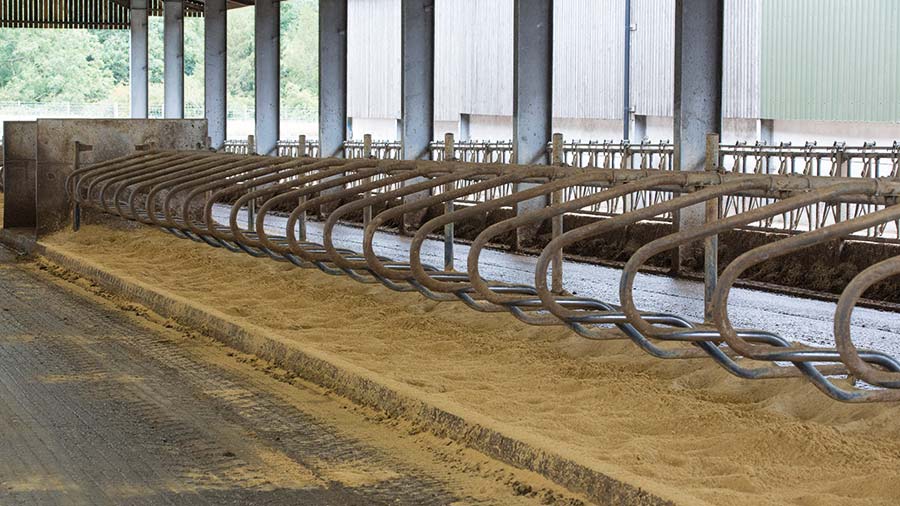Will’s World: Silence echoes after sorrow of a final milking
 © Tim Scrivener
© Tim Scrivener A couple of us took a friend of ours out for a pint at the village pub the other night.
Nothing particularly momentous in that, you might think, except that earlier that day he and his family milked their cows for the very last time.
In doing so, he became yet another addition to the ranks of what must be one of the fastest-growing demographics in British agriculture: ex-dairy farmers.
See also: How a low-cost camera improves lameness detection for dairy farm
The really sad thing in this case, though, is that if you were to picture the ideal dairy unit, and what the public would want in a place where their milk comes from, my friend’s farm would be it.
Always immaculately tidy, cows well cared for, and a wonderful family who are hugely respected by everybody in the local community.
It’s been an incredibly difficult time, and I wish them every success with whatever they decide to do next.
Life-changing decision
I can’t think of many bigger decisions you could make in your farming life than to go out of milk.
Whether it’s because the figures don’t add up on the cost of complying with the latest regulations; lack of labour; the stress and trauma of dealing with ongoing TB issues; family reasons; physical exhaustion; or any combination of the above, it’s a life-changing process for everyone involved.
It’s often further complicated by mixed-up feelings of relief and guilt about it all.
It’s 15 years now since we went through it ourselves, and I still remember the clear and haunting silence of the farm in the days that immediately followed the cows leaving.
It was as if the whole place was in a sort of mourning that not even the birds wanted to intrude upon.
Dairy farms are full of sounds. There are the cows, of course, voicing their contentedness or displeasure throughout the day.
There’s the pulsating hum of the parlour in the early mornings and late afternoons, feed rattling through pipes and into troughs, blasting pressure washers.
The gravel crunching as the tanker comes into the yard to collect the milk, the clanging of bulk tanks being opened, kick bars being hung on cold steel rails, gates being closed.
The good-natured banter and gallows humour of people who start work at some god-forsaken hour every day.
Then, suddenly, they’re all gone.
Marking time
It’s not overstating it to say that you go through a form of intense grief and loss in the days and weeks afterwards, and it’s because of the uniquely intimate relationship you have with your cows.
Sometimes you’ve struggled to bring them into the world and watched the magic afterwards as they’ve taken their first faltering steps.
You’ve cared for them throughout their young life and then seen them eventually take their own place in the herd. And you’ve milked them every day after that.
You know the quirks of their personalities and whether they’ll be first into the parlour or last. You know where they’ll lie in the cubicles, or which of the others they’ll be friendly with.
You know their markings, and the way that they walk. And although it all has to be grounded in economic reality, you absolutely think of them as part of your family.
It all adds up to an identity and rhythm that dictates your entire life, and it can be tremendously hard to let go of.
So much so, in fact, that I still occasionally catch myself referring to those late afternoon hours as “milking time”, all these years later.
Once a dairy farmer, always a dairy farmer.


